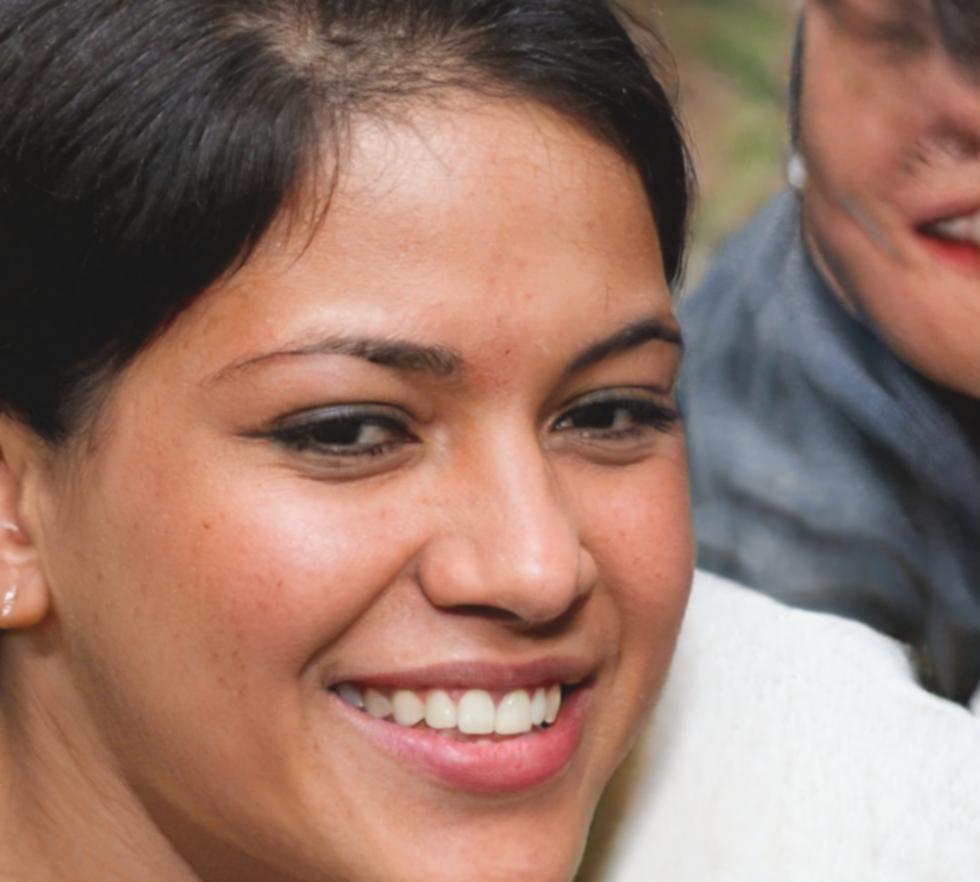Track Every Baht, Build Better Habits
Most people think they know where their money goes. Then they actually track it for a month and realize they've been wrong the whole time. We'll show you how to see the real picture and make changes that stick.
Explore Our Program

Why Tracking Actually Works
Here's something we've noticed after working with hundreds of students: awareness alone changes behavior. When you write down that 80-baht coffee every morning, you start asking yourself if you really want it. Not in a guilt-trip way—just honest clarity.
Our autumn 2025 cohort focuses on building systems that fit your actual life. Not some perfect budget spreadsheet you'll abandon in three weeks. We're talking about methods you can sustain when you're tired, busy, or just don't feel like it.
The students who succeed aren't the most disciplined. They're the ones who found a tracking method simple enough to become automatic.
What You'll Learn to Do
We don't teach theory. We teach the specific skills that let you see patterns, make adjustments, and feel more in control of where your money actually goes.
Daily Recording Methods
Find the capture system that works for your brain—whether that's apps, notebooks, or photos of receipts. The best method is the one you'll actually use tomorrow morning.
Category Design
Generic categories like "miscellaneous" hide the truth. You'll build custom categories that reveal your real spending patterns and show you exactly where changes would matter most.
Pattern Recognition
After two weeks of data, patterns emerge. We'll show you how to spot them fast and use what you find to make small tweaks that add up over months.
Real Support from Someone Who Gets It
Instructor Anong Siripong has been tracking her expenses since 2018. Not because she loves spreadsheets, but because it transformed how she made decisions about money.
She knows the common obstacles—forgetting to record things, feeling overwhelmed by the data, giving up when you miss a few days. Our program addresses all of that with practical recovery strategies.
- Weekly group sessions starting October 2025
- 12-week structured curriculum with real examples
- Small cohorts for personalized guidance
- Flexible scheduling for working professionals

